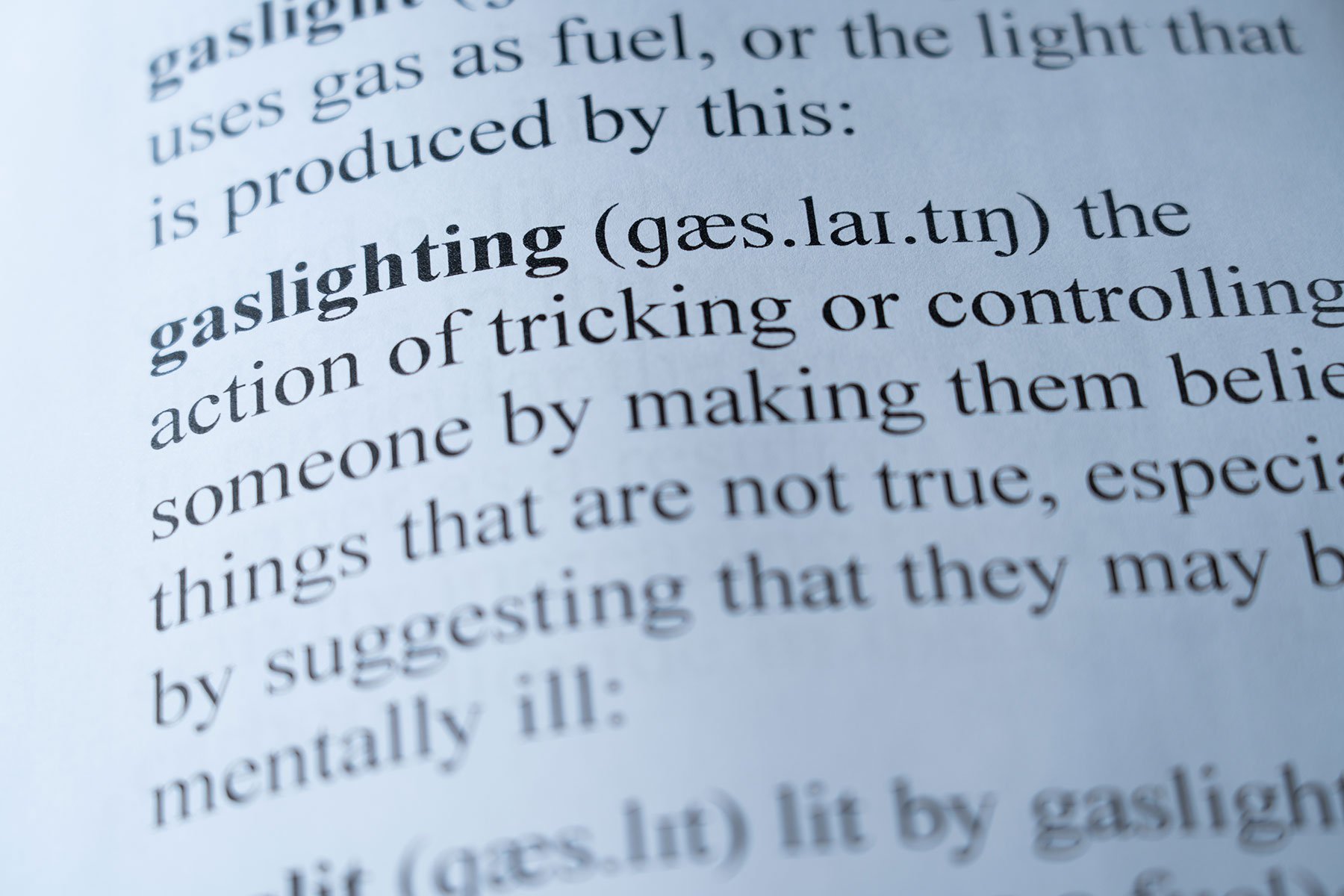Have you ever felt like you were constantly questioning your memory, your thoughts, or your sanity? Has someone in your life repeatedly denied things they said or did, making you feel like you’re the one with the problem? If so, you might be dealing with gaslighting. Do you know how to deal with gaslighting? In fact, many people don’t. It’s important to keep in mind that gaslighting is a form of emotional abuse that gradually undermines your sense of self and reality. Let’s explore what gaslighting is, how to identify it, and most importantly, how to deal with it.
Do you need to know more about mental health treatment programs? Call us today at 866.262.0531.
What Is a Gaslighter?
A gaslighter is someone who manipulates and controls another person by making them doubt their own perceptions and memories. They may lie or distort the truth, sow seeds of confusion or doubt, or even make their victim question their own sanity. Gaslighters can be spouses, partners, parents, friends, or even coworkers. They may use gaslighting to gain power or control, to conceal their own misdeeds, or simply to make their victim feel small and helpless.
Signs of Gaslighting
Gaslighting can be difficult to identify, especially if it’s happening to you. Some common signs of gaslighting include feeling like you’re losing your grip on reality, constantly apologizing or second-guessing yourself, feeling confused or disoriented, or feeling like you’re always on edge.
You may also notice that the gaslighter frequently denies things they said or did, or twists your words to make you feel like you’re the one to blame. In extreme cases, gaslighting can even lead to anxiety, depression, or PTSD.
How To Deal With Gaslighting
If you’re dealing with gaslighting, the first step is to recognize what’s happening. Try to trust your own instincts and memories, even if the gaslighter tries to convince you otherwise.
It may also be helpful to confront the gaslighter and set clear boundaries, such as telling them that you won’t tolerate being lied to or manipulated. In some cases, it may be necessary to cut ties with the gaslighter altogether, especially if they refuse to change their behavior.
Signs That You May Need Help Dealing With Gaslighting
If you’re struggling to cope with gaslighting on your own, there’s no shame in seeking help. Some common signs that you may need professional support include:
- Feeling isolated or powerless
- Experiencing intense emotions like anger or despair
- Noticing changes in your behavior or personality
It’s important to remember that gaslighting can have long-term effects on your mental health, so it’s crucial to take action before it’s too late.
Signs and Symptoms of Depression and Anxiety
Depression and anxiety are common outcomes of gaslighting. Depression is marked by feelings of sadness, hopelessness, and lack of energy. Anxiety can manifest as feelings of nervousness, apprehension, or panic attacks.
What is Mental Health Treatment?
 Mental health treatment is the process of seeking help for mental health issues. This can include therapy, medication, support groups, and other forms of intervention. Mental health treatment is designed to help individuals manage their symptoms and improve their quality of life.
Mental health treatment is the process of seeking help for mental health issues. This can include therapy, medication, support groups, and other forms of intervention. Mental health treatment is designed to help individuals manage their symptoms and improve their quality of life.
What Therapies Are Used in Mental Health Treatment?
Therapy is an essential component of mental health treatment. Some common forms of therapy include cognitive-behavioral therapy (CBT), psychodynamic therapy, and group therapy. CBT helps clients identify and change negative patterns of thinking and behavior. Psychodynamic therapy focuses on exploring unconscious thoughts and feelings to gain insight into one’s emotional patterns. Group therapy involves working with a therapist or counselor and a group of peers to address common issues.
Get the Help You Need Today From Crestview Recovery
If you or a loved one is struggling with gaslighting or any other mental health issue, Crestview Recovery can help. Our team of experienced professionals provides individualized treatment plans that address your unique needs and challenges. We offer a range of therapies, including CBT, group therapy, and more.
Gaslighting is a form of emotional abuse that can have serious long-term effects on your mental health. It can be hard to recognize and even harder to deal with on your own. But with the right resources and support, you can take steps to protect yourself and regain your sense of self. By seeking help from a mental health professional, you can learn how to identify and cope with gaslighting and take back control of your life. Call us today at 866.262.0531.
































